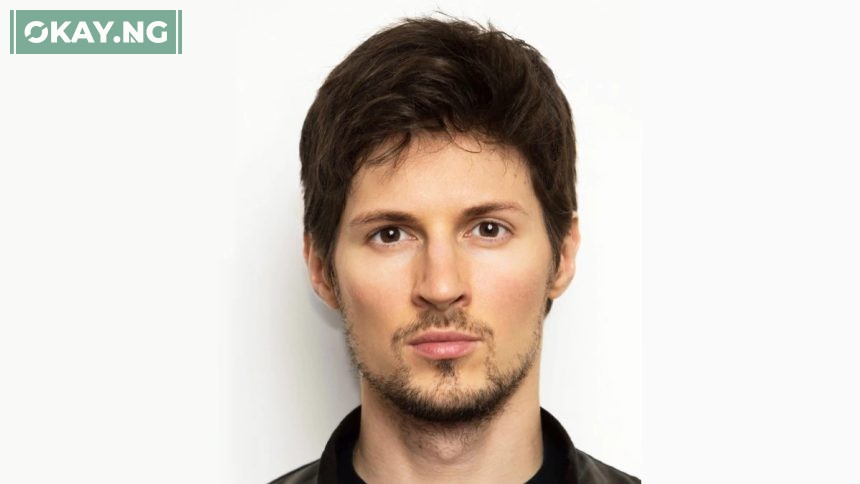Pavel Durov, founder and CEO of Telegram, issued his first public statement after being detained and questioned by French authorities in late August.
Durov was interrogated for four days in Paris after arriving in the city, in relation to alleged criminal activities on the platform, including child exploitation and drug trafficking.
The arrest of the tech mogul has sparked widespread discussion on the responsibilities of platform operators in regulating user content and cooperating with law enforcement.
In a detailed post shared through his official Telegram channel, Durov described the unexpected nature of his detainment and expressed surprise at being personally held responsible for users’ actions.
According to him, French authorities questioned him based on their belief that he was personally accountable for illegal activities on the app.
Durov, however, made it clear that Telegram has always had an official representative in the European Union specifically for handling law enforcement requests.
“Telegram has an official representative in the EU that accepts and replies to EU requests. Its email address has been publicly available for anyone in the EU who googles ‘Telegram EU address for law enforcement,'” Durov explained.
He also criticized the broader practice of using outdated laws to charge CEOs for third-party actions.
“Using laws from the pre-smartphone era to charge a CEO with crimes committed by third parties on the platform he manages is a misguided approach,” he noted, emphasizing the importance of fostering innovation without undue risk.
Durov pointed out that while Telegram remains committed to privacy, it has also taken steps to remove harmful content from the platform. He acknowledged the challenges of balancing privacy and security across different regions, and stated that Telegram would continue to engage with regulators to find the right balance.
He further highlighted Telegram’s history of taking a principled stand, even when it leads to being banned in certain countries: “When Russia demanded we hand over ‘encryption keys’ to enable surveillance, we refused — and Telegram got banned in Russia. When Iran demanded we block channels of peaceful protesters, we refused — and Telegram got banned in Iran.”
While admitting that improvements are necessary, Durov assured users that Telegram is already working on enhancing the platform’s safety.
“Telegram’s abrupt increase in user count to 950M caused growing pains that made it easier for criminals to abuse our platform. That’s why I made it my personal goal to ensure we significantly improve things in this regard,” he shared.
Durov concluded his statement by reassuring Telegram’s global community that despite the challenges, the company remains committed to its core mission: protecting the basic rights of people, particularly in regions where those rights are most under threat.









